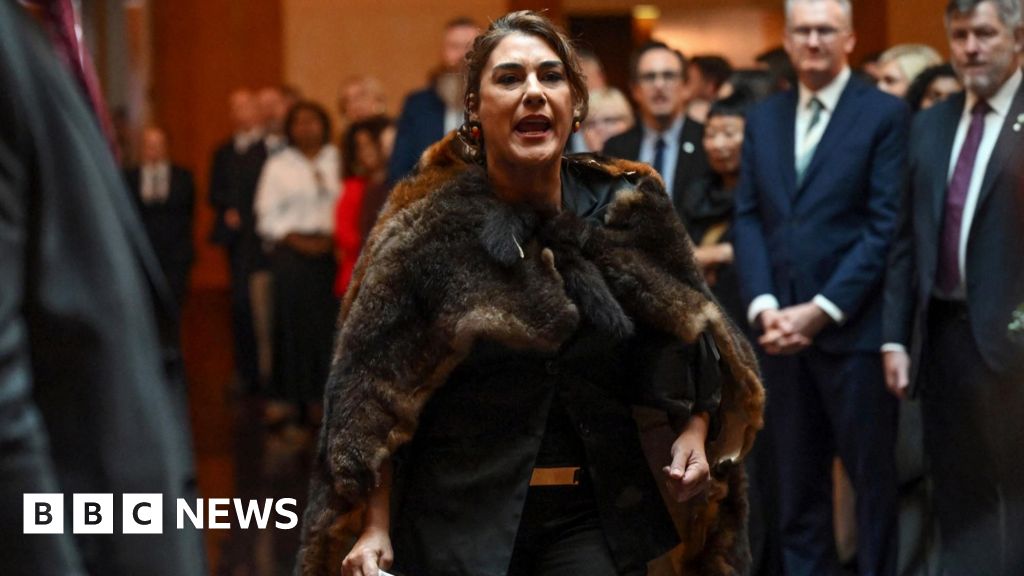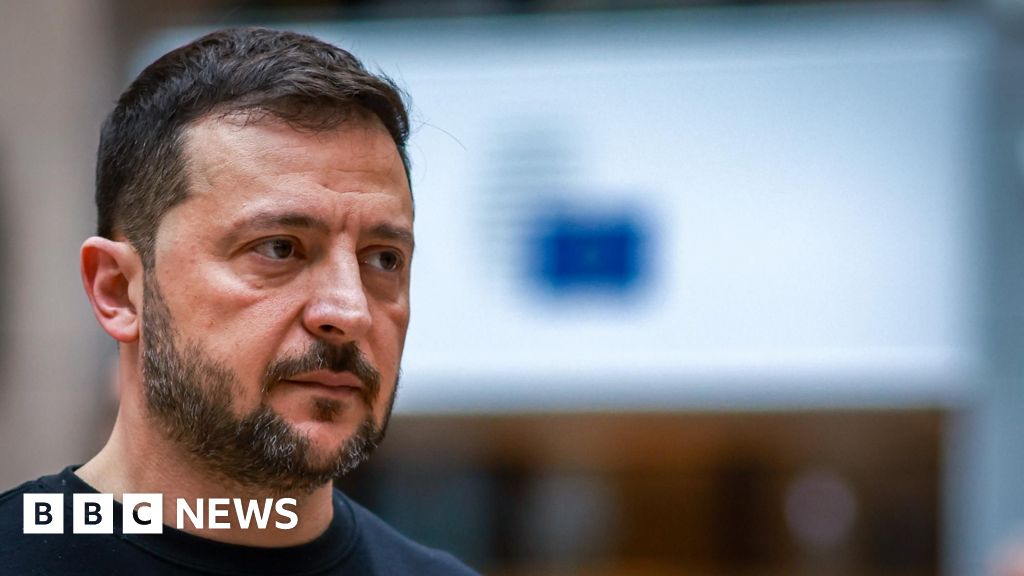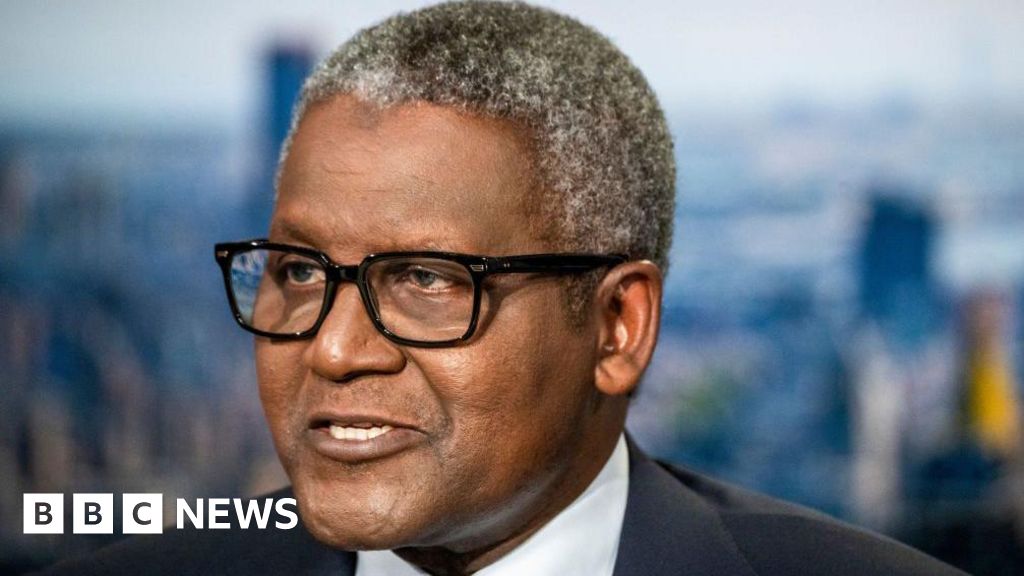ARTICLE AD BOX
Image source, Reuters
Image caption,Yassin Yassin was one of the independent candidates elected to parliament for the first time
The Iran-backed Shia Muslim Hezbollah movement and its allies have lost their majority in Lebanon's parliament, results from Sunday's election show.
The bloc's candidates won 62 of the 128 seats, three fewer than it needed.
Hezbollah retained its own seats, but President Michel Aoun's Christian Free Patriotic Movement lost support.
A rival Christian party with close ties to Saudi Arabia, the Lebanese Forces, made gains and independent candidates promising reforms won 13 seats.
But the lack of an outright winner and Lebanon's rigid power-sharing political structure means that the chance of significant change is still low.
The election was the first held since a 2019 nationwide uprising against a political elite widely seen as corrupt and ineffective.
The mass protests were sparked by the start of one of the worst economic depressions the world has seen in more than 150 years. An estimated 80% of Lebanon's population now live in poverty, and there have been severe shortages of food, fuel and medicines.
The country's problems have been compounded by the coronavirus pandemic and a devastating explosion at Beirut's port in 2020, which killed more than 200 people. The investigation into who was responsible has stalled repeatedly, as politicians failed to give evidence.
The Hezbollah-led bloc in parliament - including the Free Patriotic Movement (FPM) and the Shia Amal movement of Speaker Nabih Berri - had 71 seats in the last election in 2018.
Hezbollah and Amal's candidates held on to the 27 seats allocated to Shia Muslims in Sunday's vote, but many longtime allies suffered surprise defeats.
The FPM said on Monday that it had won 16 seats, down from 18 in the outgoing parliament, while the Lebanese Forces (LF) said it had won 20 seats, up from 15, making it the biggest Christian party in the new parliament.
Image source, Reuters
Image caption,The Lebanese Forces party said voters had "punished the governing parties"
The LF is led by Samir Geagea, who was one of the most feared warlords during the 1975-90 civil war and is a fierce critic of Hezbollah's military power. He has said Lebanon needs a "radical change in power" to solve its problems.
The BBC's Anna Foster in Beirut says the LF's gains might have an impact on the election by MPs later this year of a new president, who has to be a Christian under the sectarian power-sharing system.
The victories of independent candidates and non-aligned parties were also significant, our correspondent adds.
In the central Aley district, the Hezbollah-allied Druze politician Talal Arslan was defeated by the Taqaddom party's Marc Daou, who ran on a reform agenda.
And in the south - a stronghold of Hezbollah - Elias Jradi of the Together Towards Change list, won an Orthodox Christian seat from Assaad Hardan, leader of the Hezbollah-allied Syrian Socialist Nationalist Party.
Prime Minister Najib Mikati urged the newly elected MPs to quickly agree on the make-up of new government, which he hopes to lead, "because what we are passing through cannot withstand bickering at the expense of priorities".
Its priorities will be negotiating an rescue package with the International Monetary Fund and drafting laws to help spark an economic recovery.
Image source, Reuters
Image caption,Hezbollah and Amal's candidates held on to their own seats in parliament
Our correspondent says Hezbollah will still be hugely influential in the new parliament, but that it might need to do more negotiating and make more compromises to get its own way.
Much of the militant group's power comes from outside the political system anyway, she adds, and not much will change in the day-to-day lives of the people living in its strongholds.
You may also be interested in:
Lebanon's economic woes could leave Sara blind

 2 years ago
19
2 years ago
19








 English (US)
English (US)